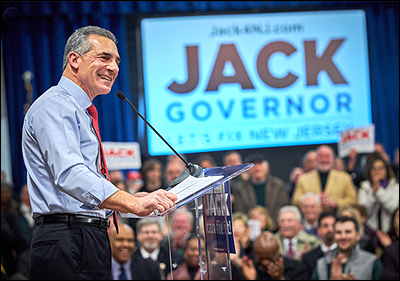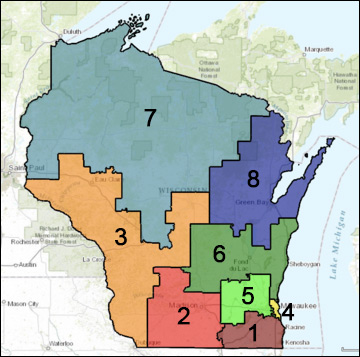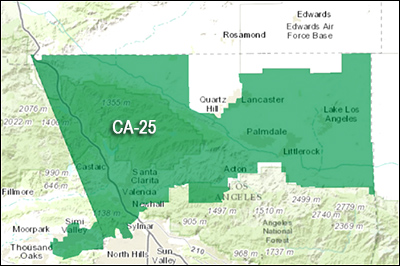June 9, 2021 — As expected, former Virginia governor, Terry McAuliffe, and ex-New Jersey state assemblyman, Jack Ciattarelli, won their respective Democratic and Republican primaries for governor last night in the two states holding major 2021 elections.
McAuliffe will face Republican Glenn Youngkin, who was nominated in a May hybrid party convention, while Ciattarelli will challenge Garden State Gov. Phil Murphy (D), who seeks a second term.
Virginia, which is the only state that limits its governors to one consecutive term, sees McAuliffe, also a former Democratic National Committee chairman, returning to the campaign trail after a break in service. He was governor from 2013-2017, yielding to current Gov. Ralph Northam (D) four years ago. In last night’s vote, McAuliffe captured 62.3 percent of the vote against four challengers including scandal tainted Lt. Gov. Justin Fairfax who attracted less than 18,000 votes (3.5 percent) and finished a poor fourth.When compared to the 2017 Democratic primary, the 2021 cycle turnout lagged. Once the final votes are posted, it will be clear that Democratic participation was down approximately 10 percent from four years ago. This is largely because the governor’s race was not particularly competitive. It has been a foregone conclusion for months that McAuliffe would easily capture the party nomination.
The lieutenant governor’s contest went to state Delegate Hala Ayala (D-Woodbridge) as she defeated fellow state Delegate Sam Rasoul (D-Roanoke) 39-25 percent, in a field comprised of six candidates. The attorney general’s race was relatively close and showed weakness for incumbent Mark Herring as he defeated state Delegate Jay Jones (D-Norfolk), 56-43 percent, a poor showing for a two-term incumbent in his own party. The primary result suggests that Herring could find himself in a general election battle with GOP nominee Jason Miyares, a state Delegate from Virginia Beach.






 Gov. Matt Bevin (R), always lagging near the bottom of the 50-state gubernatorial approval polls throughout his term, lost his re-election bid to Democratic Attorney General Andy Beshear.
Gov. Matt Bevin (R), always lagging near the bottom of the 50-state gubernatorial approval polls throughout his term, lost his re-election bid to Democratic Attorney General Andy Beshear. 
